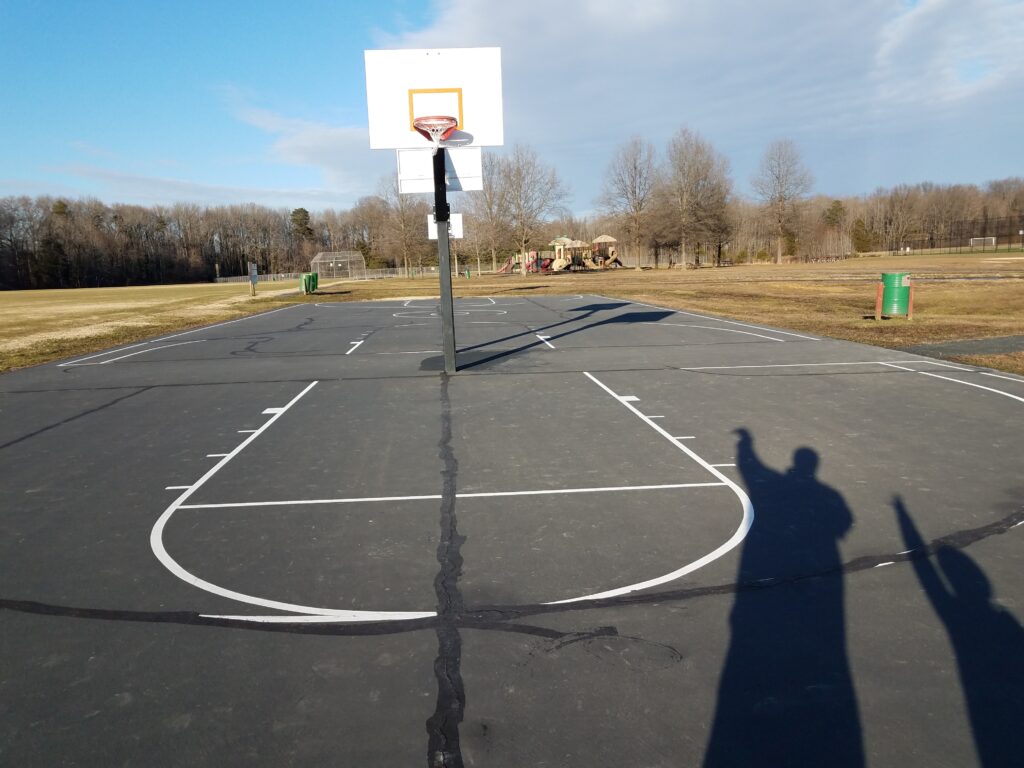Being a father is one of the most important roles a man can have in his life. As a father, you have a responsibility to guide, nurture, and support your children as they grow and navigate the world around them. While there are many ways to be a great dad, one approach that has been shown to have a significant impact is treating your kids as a coach.
What does it mean to treat your kids as a coach? Essentially, it means taking on a coaching role in your child’s life, whether it’s in sports, academics, or other areas of interest. As a coach, your job is to help your child set goals, develop skills, and ultimately achieve their full potential. By approaching your role as a dad in this way, you can help your child become more confident, resilient, and successful.
In this blog post, we’ll explore some of the benefits of treating your kids as a coach, provide tips for how to do it effectively and offer some book recommendations for further reading. Let’s dive in!
The Benefits of Treating Your Kids as a Coach
There are many benefits to taking on a coaching role in your child’s life. Here are just a few:
1. Improved Communication: When you treat your child as a coach, you open up lines of communication that may not have been there before. By working together to set goals, assess progress, and develop strategies, you’ll be able to have more meaningful conversations with your child and build a stronger relationship.
2. Increased Motivation: Coaching is all about motivation. By helping your child set achievable goals and providing them with the support and guidance they need to reach those goals, you’ll help them stay motivated and focused on their objectives.
3. Enhanced Problem-Solving Skills: As a coach, you’ll be helping your child develop their problem-solving skills. By working through challenges and obstacles together, your child will learn how to think critically and come up with creative solutions to problems.
4. Greater Resilience: Coaching is also about resilience. When your child faces setbacks or failures, you’ll be there to help them pick themselves back up, dust themselves off, and keep going. By instilling resilience in your child, you’ll be giving them a valuable life skill that will serve them well in all areas of their life.

5. Improved Performance: Finally, by taking on a coaching role in your child’s life, you’ll be helping them perform better. Whether it’s in sports, academics, or other areas of interest, your guidance and support will help your child develop the skills and strategies they need to succeed.
Tips for Treating Your Kids as a Coach
If you’re interested in treating your kids as a coach, here are some tips to get you started:
1. Identify Your Child’s Interests: The first step in coaching your child is to identify their interests. What are they passionate about? What do they enjoy doing? Once you know what your child is interested in, you can begin to explore ways to support and nurture those interests.
2. Set Goals Together: Once you’ve identified your child’s interests, work with them to set achievable goals. Make sure the goals are specific, measurable, and realistic. By setting goals together, you’ll be able to keep your child motivated and focused on their objectives.
3. Develop a Plan: Once you’ve set goals, develop a plan to help your child achieve them. This may involve developing new skills, practicing regularly, seeking out additional resources or support, or breaking down larger goals into smaller, more manageable tasks.
4. Provide Feedback: As your child works towards their goals, provide regular feedback to help
In conclusion, acting as a coach to your teenage child can have a tremendous impact on their lives. It allows for a strong and positive relationship to form between parent and child, while also helping to build confidence, develop skills, and instill important values. By showing an interest in their interests and engaging in their activities, parents can create lasting memories with their children and help them to become successful and happy adults. So, the next time your teen asks you to attend their sports game, try approaching it as their coach and see the positive effects it can have on your relationship and their development.
References:
1. Katz, J., & Windecker-Nelson, B. (2004). Coaching and Parenting: A Co-Active Approach to Developing Young Athletes. Human Kinetics.
2. Erickson, K., & Seefeldt, V. (2015). Coaching Youth Sports. Human Kinetics.
3. Sullivans, K. J. (2017). Coaching as a parenting strategy for developing positive youth outcomes: A literature review. Journal of Applied Sport Psychology, 29(4), 458-474.
4. Orenstein, P. (2014). Playing to win: Raising children in a competitive culture. Houghton Mifflin Harcourt.
5. Leonard, J. (2016). The joy of parenting: An acceptance and commitment therapy guide to effective parenting in the early years. New Harbinger Publications.
6. Ginsburg, K. R. (2007). The importance of play in promoting healthy child development and maintaining strong parent-child bonds. Pediatrics, 119(1), 182-191.
#parentingcoach #teenparenting #positiveparenting #sportscoaching #parentingtips #parentingadvice #teenagers #familybonding #parentingteens #raisingteens #sportsparenting #coachparenting #youthsports #familytime #familyactivities #healthyrelationships #parentingstyle #parentingbooks #familyfun #parentinggoals #teamparenting


